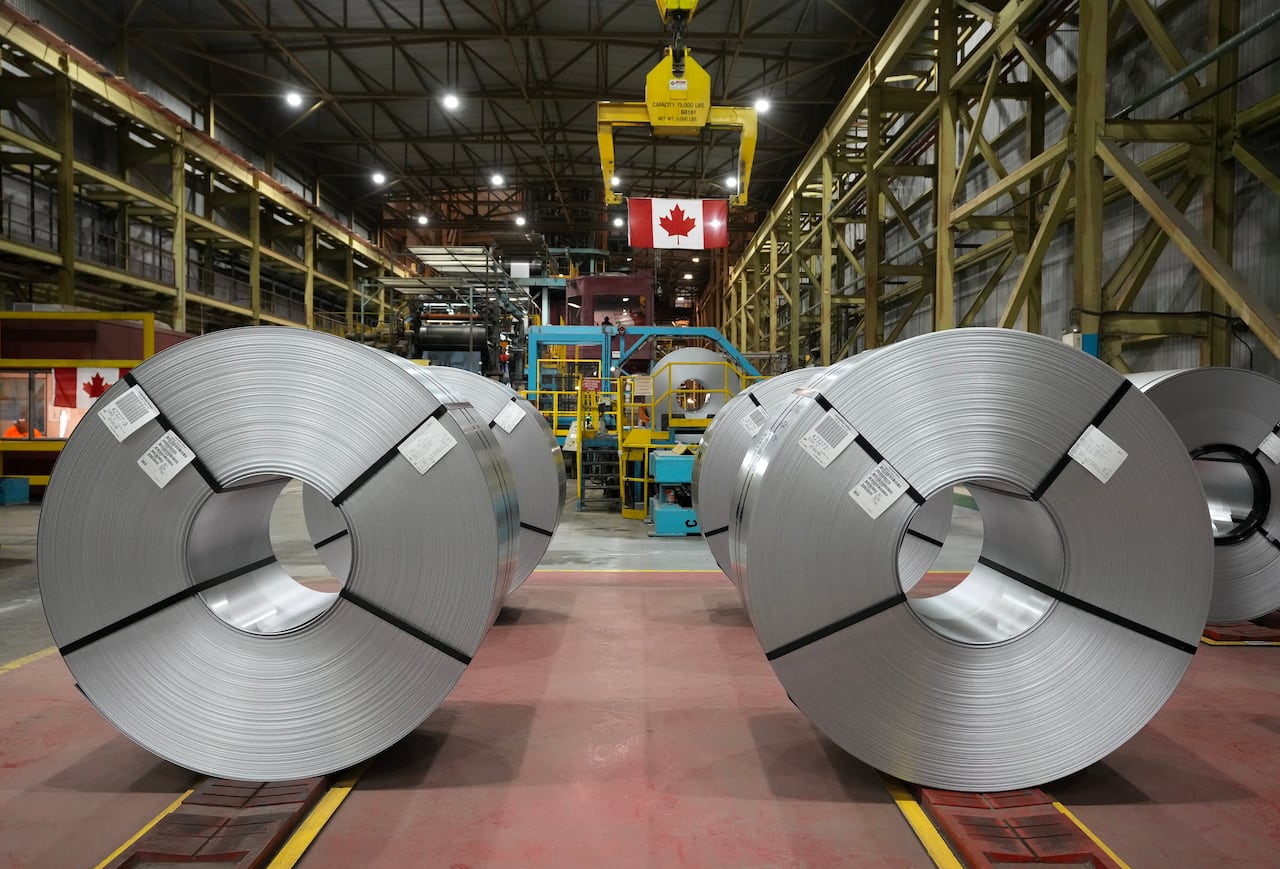Canada collected more than $3 billion from U.S. reciprocal tariffs before eliminating a number of levies in September, according to the Treasury Department – a fraction of what the Liberals had promised to collect during the current fiscal year.
The Liberals' spring election platform estimated the government could raise $20 billion from retaliatory tariffs on American goods this fiscal year. But Prime Minister Mark Carney agreed to exclude most CUSMA-compliant imports to move forward with trade talks with Washington.
The Liberals are set to release this year's budget on Tuesday, and it is expected to show a deeper deficit than the last budget report.
Carney defended tariff cuts last week even though a deal with the US has not yet been reached, saying “the value of these retaliatory measures is diminishing.”
“The reality is that Canada was one of two countries that imposed retaliatory tariffs on [the U.S.]Carney told reporters while attending a summit in Malaysia.
“These tariffs have to be paid for domestically. They were designed to minimize those costs, but there are still costs domestically, and those costs add up over time.”
Prime Minister Mark Carney, speaking from Malaysia on Monday, was asked about his reaction to U.S. President Donald Trump's decision to end trade talks with Canada over an anti-tariff ad released by the Ontario government and whether he thought other factors may have played a role.
Finance Minister Francois-Philippe Champagne said the government needed to adapt when asked last week what the removal of most counter-tariffs meant for the budget's bottom line.
“I think you'd notice that things are changing quickly. So we always need to adapt and re-evaluate our position, but first and foremost what we're doing is supporting Canadian industry,” Champagne told reporters on Parliament Hill.
Bill Robson, president and CEO of the CD Howe Institute, said it's “unhelpful to have a large revenue shortfall” but said relying on tariffs as a source of revenue is not a good idea given that fees can harm the economy.
“We do need to raise revenue, but there are less painful ways to do it. Tariffs are a very destructive way to raise revenue,” Robson told CBC News.
The finance department told CBC News in a statement that the $3 billion figure does not include amounts that were collected and then redistributed to impact industries. In April the government provided a six-month assistance program for a number of goods — which would still be in effect when most of the tariffs were lifted in early September.
Steel Association Blames Exceptions
Canadian Steel Association President Catherine Cobden said she was not surprised by the figure given the incentives provided.
Although the government maintained retaliatory tariffs on some industries such as steel and aluminum, incentives were retained and more was done last month.
The Treasury says last month's tax exemption means the government is giving up another $78 million in tariff revenue. These funds are essentially returned to the Canadian businesses that paid the tariffs.
Cobden argued that the government has taken the wrong approach and should mainly exempt goods that are not made in Canada.

“We've been calling on the government to change the remission system almost from the beginning. We would like to see the government take an approach where they focus on providing remissions for products that we don't make,” she told CBC News.
“The process of remission in our country is disrupted. So everything results in revenue” [not] collecting what the government originally thought they would collect,” she said.
Champagne protects exceptions.
“We've been very, very careful about granting these exceptions,” he said last week.
The Treasury said more details about how much will be collected from tariffs will be published in the budget.








